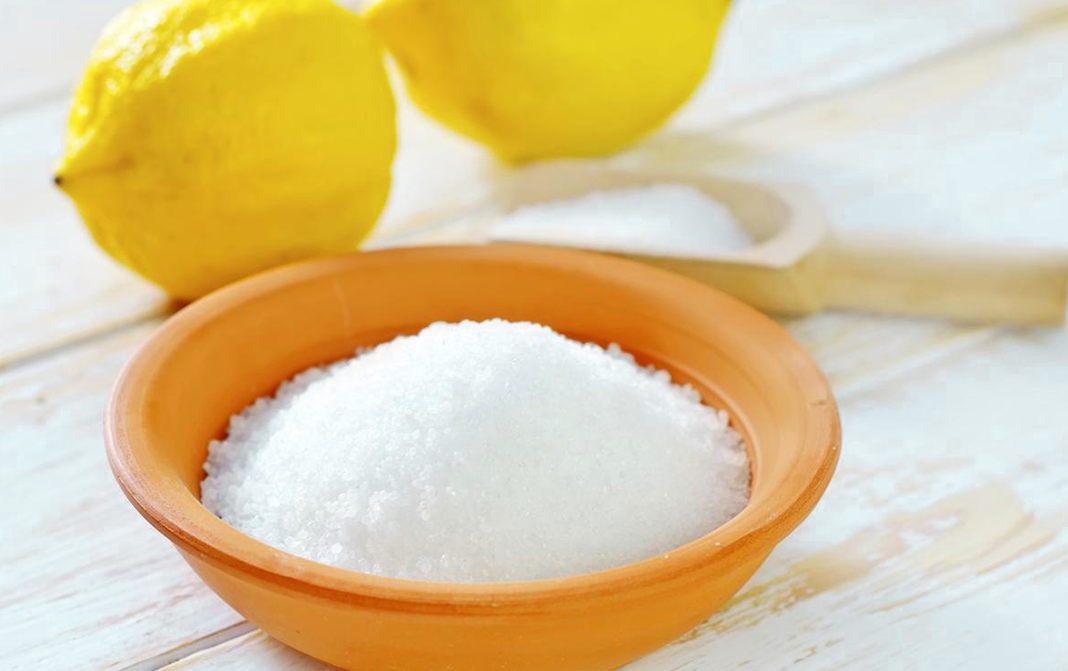


Acidity Regulator (INS330) is available in grocery stores, in small shakers or packets, labelled as "sour salt" or as "citric acid". Choose sealed packages, within the expiry period and ideally choose a reputed manufacturer.
Acidity Regulator (INS330) when taken in large amounts can cause teeth erosion.(2) People can be allergic to citric acid. seek emergency medical help if any allergic symptoms occur while taking citric acid like hives, difficulty in breathing, swelling of face, lips, tongue, or throat.(3) Acidity Regulator (INS330) when comes in contact with the skin for long periods of time, it can cause stinging, swelling, or hives. It will cause a burning sensation if it gets in your eyes. If this happens, flush them well with water.(4)
Myth : It does not cause cancer.
- Disclaimer
"Information here is provided for discussion and educational purposes only. It is not intended as medical advice or product or ingredient review/rating. The information may not apply to you and before you use or take any action, you should contact the manufacturer, seller, medical, dietary, fitness or other professional. If you utilize any information provided here, you do so at your own risk and you waive any right against Culinary Communications Private Limited, its affiliates, officers, directors, employees or representatives.”
Description
Are you consuming a very common food additive yet unaware of it?
Ideally the answer would be a NO, but ironically if you look around the commonly used kitchen ingredients there’s a good chance you’ll spot a food additive. INS 330 is no different. It is widely present in many packaged foods like beer, bakery items, cider, cheese, biscuits, ice creams, cake mixes, jellies, jams, sorbets, sauces, preserves, sweets, soups, wine, vegetables, and tinned fruits.
INS 330 also known as citric acid is the most widely used food additive. It not only imparts citric flavor to the foods but works as an acidity regulator (maintains pH of the food) too.
Are INS 330 and citric acid the same?
INS 330 is produced chemically and is completely different from the natural citric acid found in different citrus fruits. INS 330 is prepared by fermentation of molasses with the mould Aspergillus niger. (Aspergillus niger is a fungus used in production of some chemical compounds)
What makes INS 330 so useful?
It prevents fruits from turning brown, it is also used as an acidulant in the production of beer and jam. Acidity Regulator (INS330) stabilises sweets and confectionery, thus preventing crystallisation of sugar.
It is also added to medicines to stabilize and preserve the ingredients and enhance or mask the taste of chewable and syrup-based medications. Acidity Regulator (INS330) is crystalline in nature and is colourless.